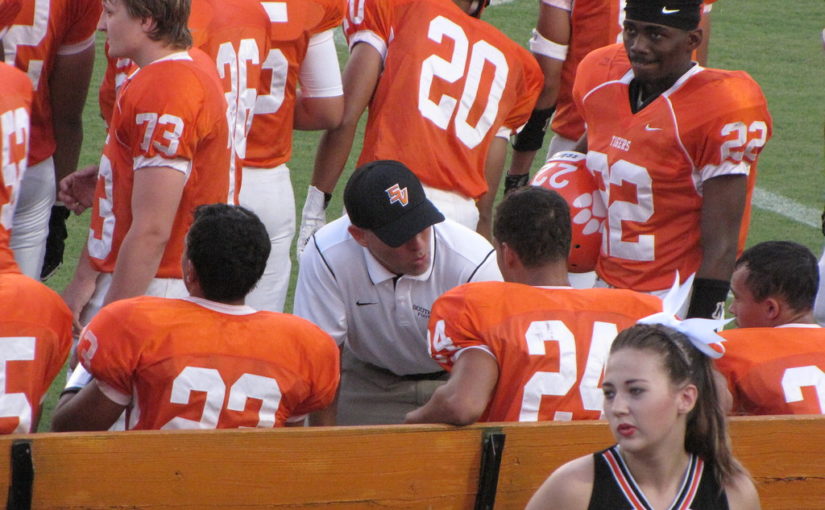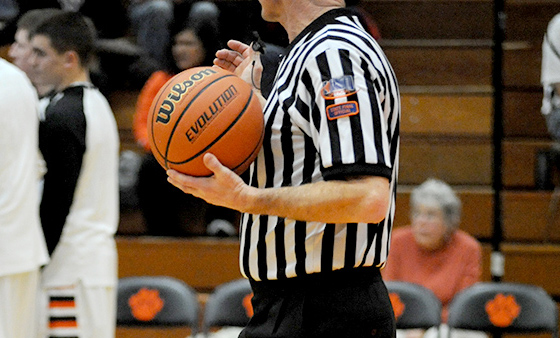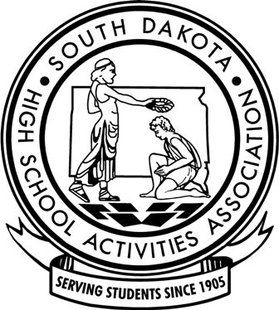Back to School: Advice on Balancing Coaching while Continuing Education
Scouting, game planning, recruiting, fundraising, running practices — there are far more responsibilities college coaches have to handle besides what happens on the court or field. Coaching staffs, much like their teams, have to work as a unit to cover all the bases, but the job entails a full-time commitment; even for those just starting their career.
In order to advance in the field, coaches also need to further their education beyond their undergraduate experience. So on top of the duties they already have as a coach, assistants have to find a way to make time for their pursuit of a master’s degree in sports management.
And for those like Amherst College assistant baseball coach Mike Odenwaelder, who played in the Baltimore Orioles organization before returning to his alma mater to coach while going for his master’s at UMass Amherst, the experience presents another challenge.“It was tough taking basically a year off of school and then having baseball be your full-time job, and then coming back and going to school,” he said. “It’s a little bit like being a college baseball player. But still, I wanted to put more focus, effort, and energy into developing my game and getting it to where I needed to be.

“After I finished pro ball and then hopped on the coaching staff, I did an entire year of coaching before applying to UMass Amherst. So I then, again, basically took a full-time job, took another year off of school, and then decided that coaching is something that I wanted to pursue, and nowadays, it’s not enough to just have pro ball experience. If you want to be a college [head] coach, you also need to get that higher education degree.”
A full-time job takes up enough time in the day, but adding in a full course load requires advanced time management skills. That’s where experience as a student-athlete kicks in.
Regardless of the division, these student-coaches played while studying for their undergrad degree, time management is one thing everyone needs to grasp.
“In my first eight weeks [at Liberty University], I kind of started out slow and just took three credits, and then the second eight weeks I did six credits, and that was tougher,” Liberty volleyball graduate assistant Kori Adams said. “I think when I was getting my undergraduate I got a lot better at time management and setting aside time for school, then practice and everything. I definitely think playing a sport in college [at Wingate University] has helped me have good time management.”
Mastery of time management has been especially important for UMass Amherst lacrosse assistant coach Zoe Ochoa. Once she realized she wanted to move away from coaching and take a different avenue in the sports world, she found a way to balance the role of volunteer coach while taking on an internship in New York and still studying for her master’s.
“In the fall, I predominantly was around for a couple days a week, working mostly with the goalies because I upped my course load because, in the spring, I ended up taking an internship in New York at Wasserman [Media Group],” she said. “So I was working there three days a week — and then, unfortunately, COVID happened, but I was making it back to practice maybe once or twice every week or two.
“It’s hard to get away from it all when you’re so entrenched in it and have built such strong relationships with all the girls, so it was kind of hard for me to totally move on. I was lucky enough that they let me stick around for that third year.”
While time management is a crucial part of the process for Ochoa, Adams, and Odenwaelder, there’s more to the process. They also have to communicate effectively with those they deal with on a daily basis so they can properly manage themselves and allow time for all the responsibilities they have on their plate.
“[It involves] getting on the same page with your boss, or bosses, your coordinator, and whatever program it is you’re applying to from the get-go, making it known that this degree is your priority,” Odenwaelder said. “Coaching is what you want to be doing. Coaching is what you want to do for the rest of your life, but this degree is giving you the tools for you to be the best coach that you can be down the road. So, at this point in time, while you may not want it to be your first priority, you need to make it your first priority. You can’t just go in one foot in, one foot out. You’ve got to dive in with both feet.”
But even with time management skills and effective communication, the volume of work can be draining. These student-coaches need the drive to improve, much like they did as student-athletes — something Wesley Padilla, the athletic director and softball coach at Ogden High School in Utah, had no issue with while taking online courses at Ball State.
“I always tell people that are coaches: I’m not going to go to a doctor that is a part-time doctor, or I’m not going to go to a mechanic that’s a part-time mechanic,” Padilla said. “I completely agree that that’s [on] the same playing field as sports. [The job] requires a degree that needs to have evidence-based practices and needs to have qualified people in charge of that to give kids an optimal experience, or athletes the optimal experience. And give them the benefit of the doubt and allow them to become better with someone that’s qualified that’s teaching them.”
That’s why Padilla emphasizes the importance of continuing education, despite the juggling act that comes with schooling, coaching, and everyday life duties.
“I highly encourage — and I always talk to coaches about [how] no matter what your degree is, if you want to coach and impact lives and make yourself better at coaching, you need to pursue some higher degree or some higher education in coaching. I always push [for] the master’s of coaching and I always like to push for Ball State because that’s where I went, and I know the benefits of what it has given me and the opportunities it’s provided for me.”





